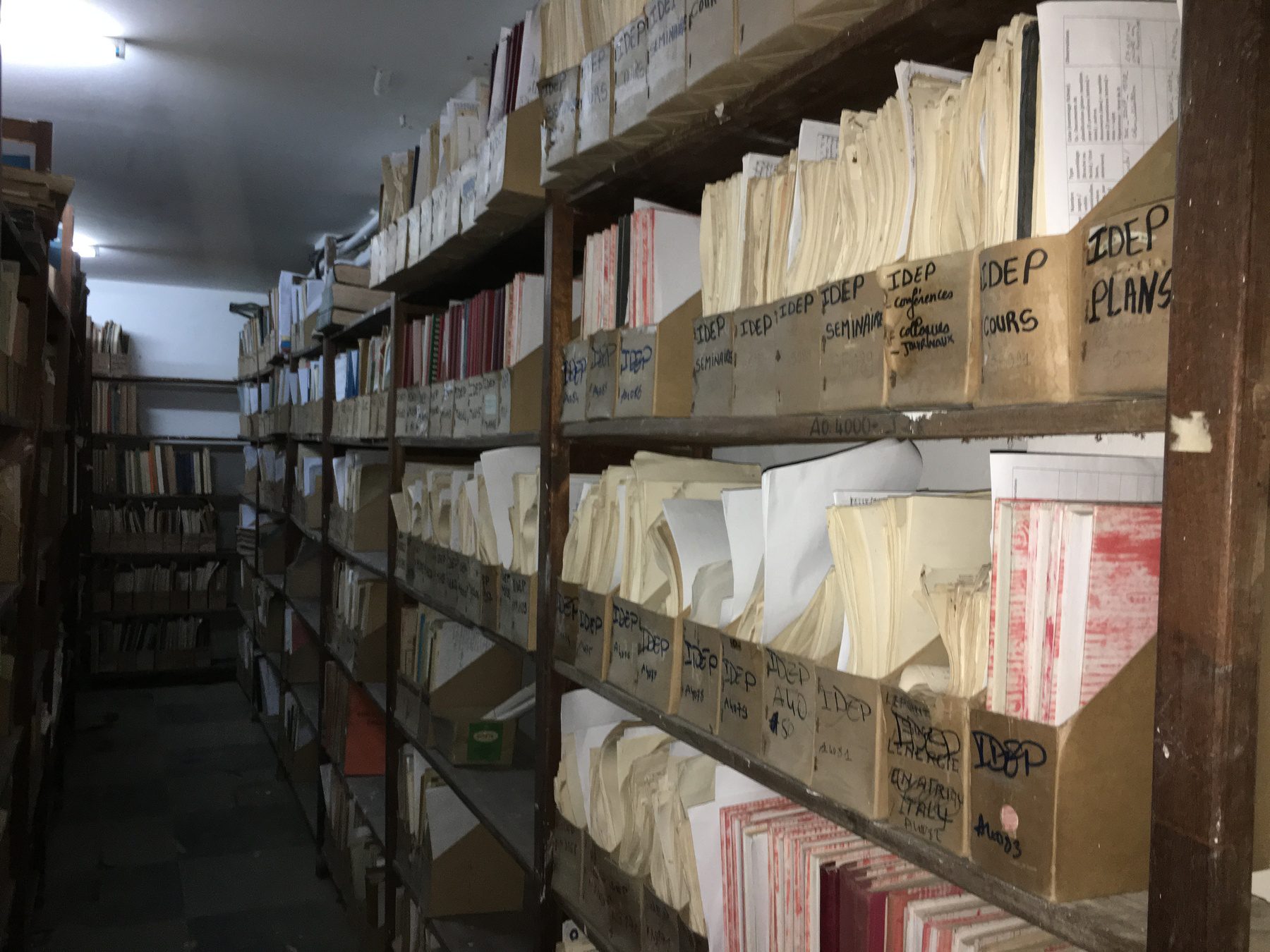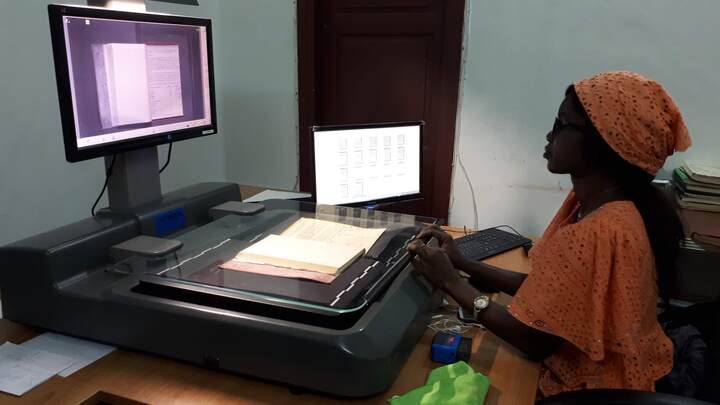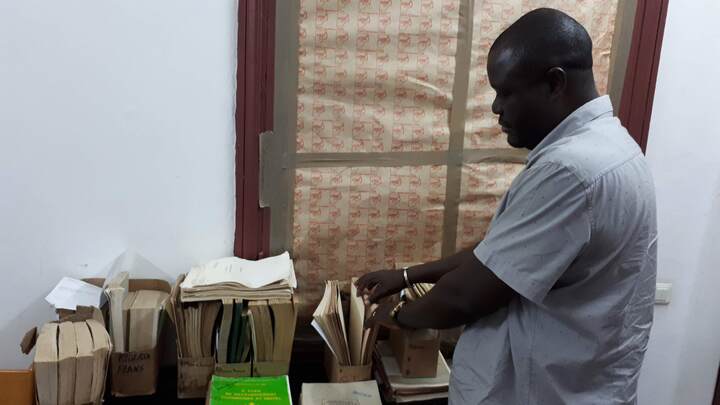Disseminating Africa’s post-independent economic history
Institution
African Institute for Economic
Development and Planning
(IDEP)
Expertise implemented
Overall digitisation offering
Service on customer premises
Background
The African Institute for Economic Development and Planning (IDEP) is a pan-African institution established by the United Nations General Assembly in 1962, headquartered in Dakar, Senegal.
Its role is to support African countries in strengthening their managerial capacities. The institute is dedicated to the sustainability of independence and fostering socio-economic development in Africa.
Its extensive archives include over 1.5 linear kilometres, documenting the economic history of post-independent Africa since 1963.
Challenges
IDEP’s library in Dakar is the sole repository of the Institute’s documents which relate to the 54 member countries. Many are the only paper copies in existence. This naturally poses challenges for using and accessing this unique knowledge on the African continent.
Some 6,000 documents are under threat due to the inevitable effects of time and regular handling. As such, the Institute launched a consultation process to digitise its archives. Arkhênum was chosen to provide this service on the institute’s premises.


A necessary auditing step
IDEP needed to identify the requirements to digitally preserve these unique documents. A preparatory phase enabled the Institute to identify documents to be included in the digitisation campaign, on a quantitative and qualitative level. This phase allowed the grouping of documents according to their source and place of publication. Reviewing the collections also made it easier to prepare the documents for digitisation. This included removing any dust and creating an inventory of the collection in Excel format.
Digitisation in Senegal
IDEP wanted the digitisation project to be carried out on-site, so that it could continue offering access to the original documents. This also enabled job creation at the local level.


Digitisation in 2 successive stages
The digitisation of the IDEP archives, which span 520,000 pages of wide-ranging publications, was divided into two stages. This was done to enable productivity benchmarking, given the heterogeneous nature of the documents. The first phase, consisting of 260,000 pages, was completed over six months. The results were analysed to develop an optimal production model, qualitatively and quantitatively, which was implemented for the second phase.


Optimised archive management
Another aim is to refine the library’s collections and optimise storage space. As part of this project, the library will destroy documents no longer in use or available in multiple copies. This will enable it to optimise its storage space for the physical archiving of IDEP’s future publications.
“IDEP is now able to disseminate these knowledge products among its member states, whether through a website or portable electronic media (DVD-Roms, USB keys, etc.). IDEP continues to be the repository for paper versions of these documents, a single source of reference.”
Mr Antonin Benoit Diouf
Head of Library and Documentation Services
Discover other achievements
BnF-Partenariats
BnF-Partenariats teams up with 13 newspaper publishers and Arkhênum to digitise and promote their archives on a shared platform
Institut & France
Institut de France puts its written and documentary heritage on show
German National Library (DNB)
DNB: Search. Find. Discover
French National Industrial Property Institute
Preserving brand history
Renault
BnF-Partenariats
BnF-Partenariats teams up with 13 newspaper publishers and Arkhênum to digitise and promote their archives on a shared platform
Institut & France
Institut de France puts its written and documentary heritage on show
German National Library (DNB)
DNB: Search. Find. Discover
French National Industrial Property Institute
Preserving brand history

